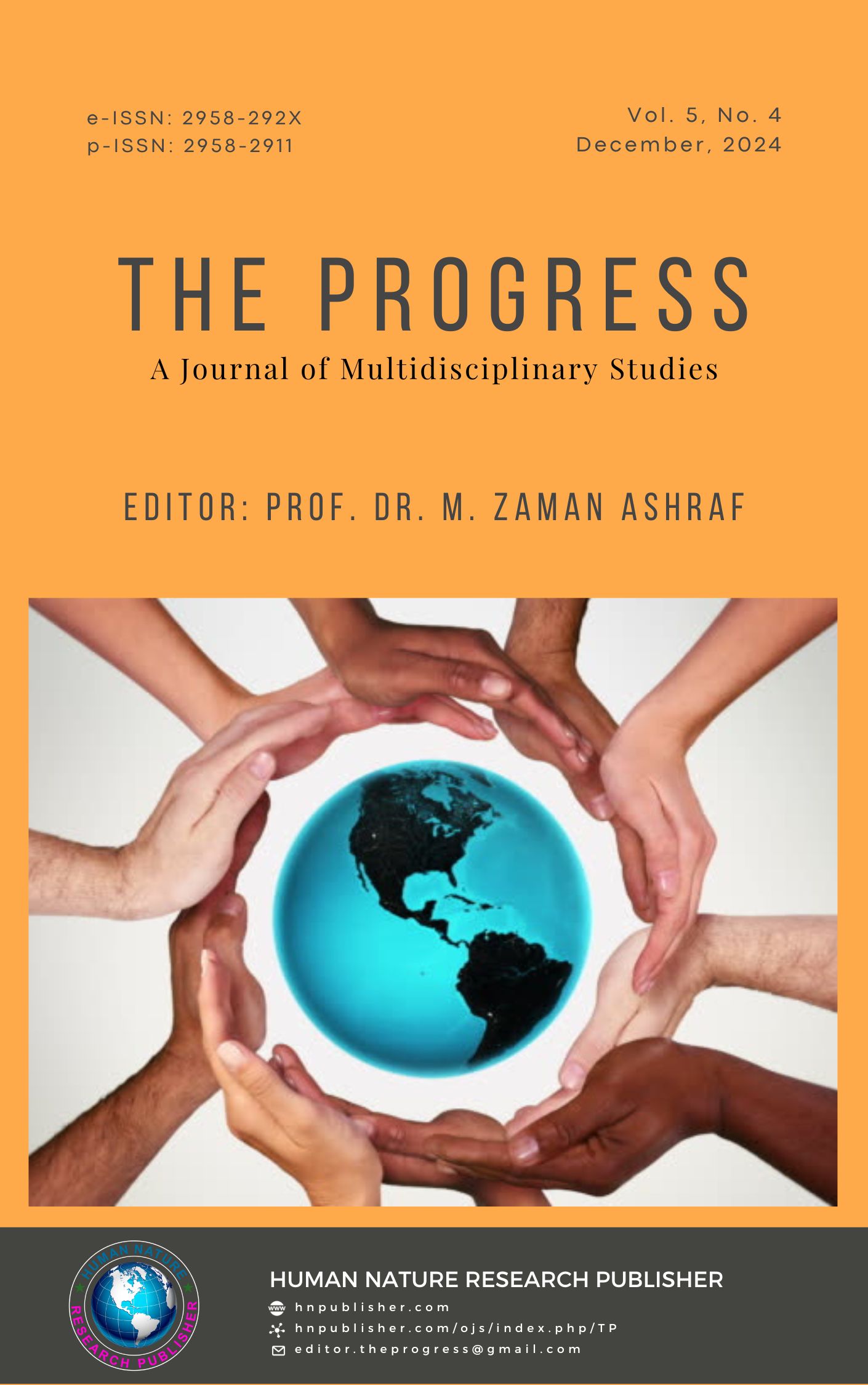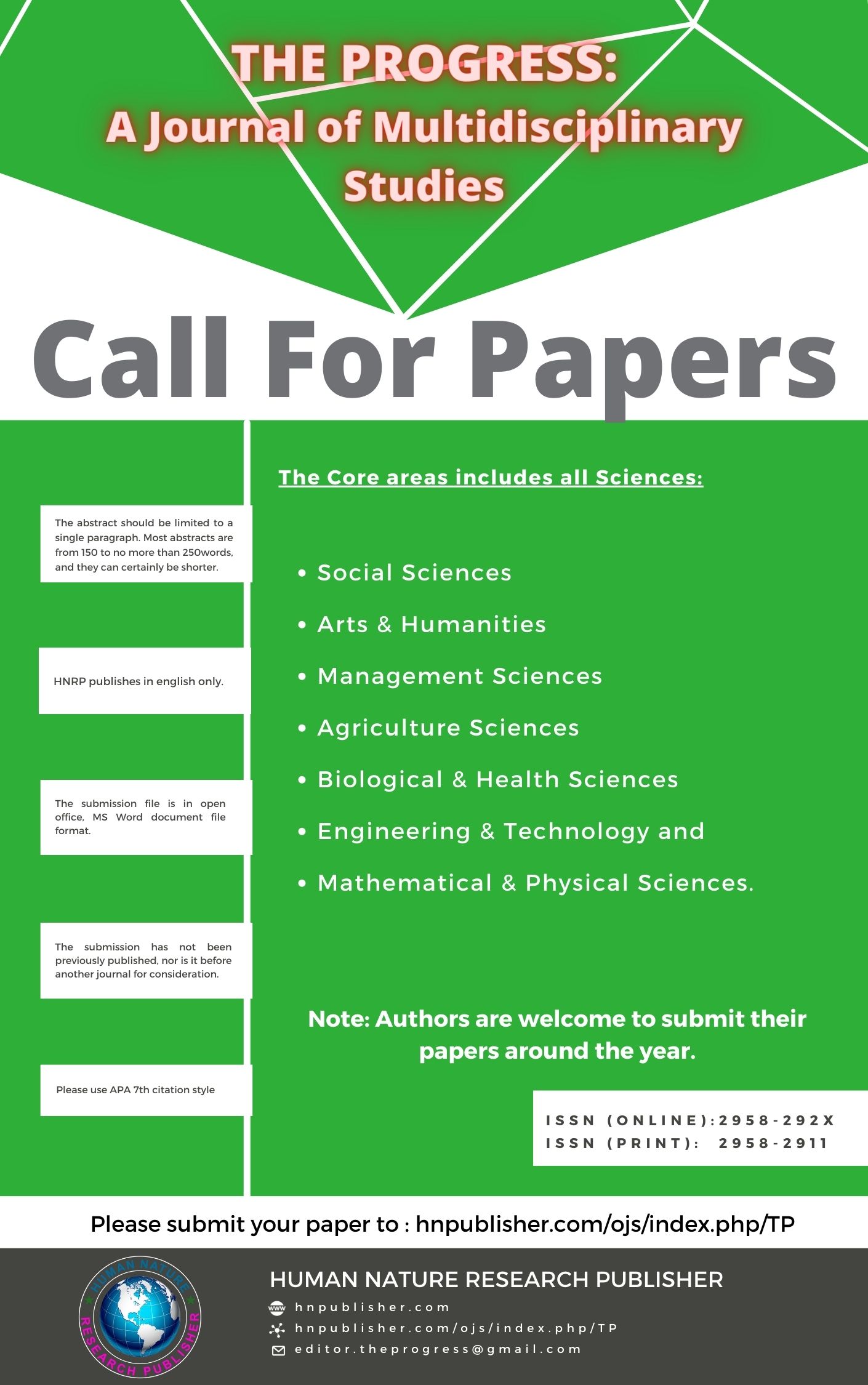The Role of Diplomacy in Conflict Resolution: A Case Study of the Palestine -Israeli Conflict
DOI:
https://doi.org/10.71016/tp/4j8s4937Keywords:
Diplomacy, Conflict Resolution, Palestine-Israeli Conflict, International Relations, Middle East, Sustainable PeaceAbstract
Aim of the Study: The impact of diplomacy in settling the protracted and intricate Palestine-Israeli conflict is examined in this study. It seeks to evaluate the difficulties and achievements in historical, political, and social contexts as well as how diplomatic tactics have impacted attempts at conflict resolution. Understanding the role of diplomacy is crucial given the high stakes of this conflict, which has had a significant impact on international relations, economic development, and regional stability.
Methodology: Using a structured questionnaire, the study used descriptive statistics to examine the opinions of 67 respondents, including government officials and postgraduate students involved in politics and diplomacy. A variety of opinions regarding the merits and drawbacks of diplomatic interventions in the Palestine-Israeli conflict are represented in the sample size, which was determined using Slovin's formula. SPSS software was used to analyze the data, and the results were clearly displayed in tables.
Findings: The findings show that opinions on the effectiveness of diplomatic efforts to bring about lasting peace are divided, with almost half of respondents expressing doubts about their efficacy. Many emphasized how diplomatic efforts are hampered by the intricate interactions of regional influences, internal political dynamics, and historical grievances. According to the analysis, diplomacy is essential for mitigation, but it cannot be successful unless underlying problems are addressed and a wide range of stakeholders are involved.
Conclusion: The Palestine-Israeli conflict underscores the need for renewed diplomatic approaches that go beyond traditional negotiation frameworks. Despite ongoing peace initiatives, unresolved core issues continue to fuel tensions, indicating the necessity of inclusive, context-aware strategies in future diplomacy. This research highlights the importance of engaging both state and non-state actors, fostering trust, and promoting understanding to pave the way for sustainable peace.
Downloads
Published
Issue
Section
License
Copyright (c) 2024 Yahye Ilyas Bashir (Author)

This work is licensed under a Creative Commons Attribution-NonCommercial 4.0 International License.








